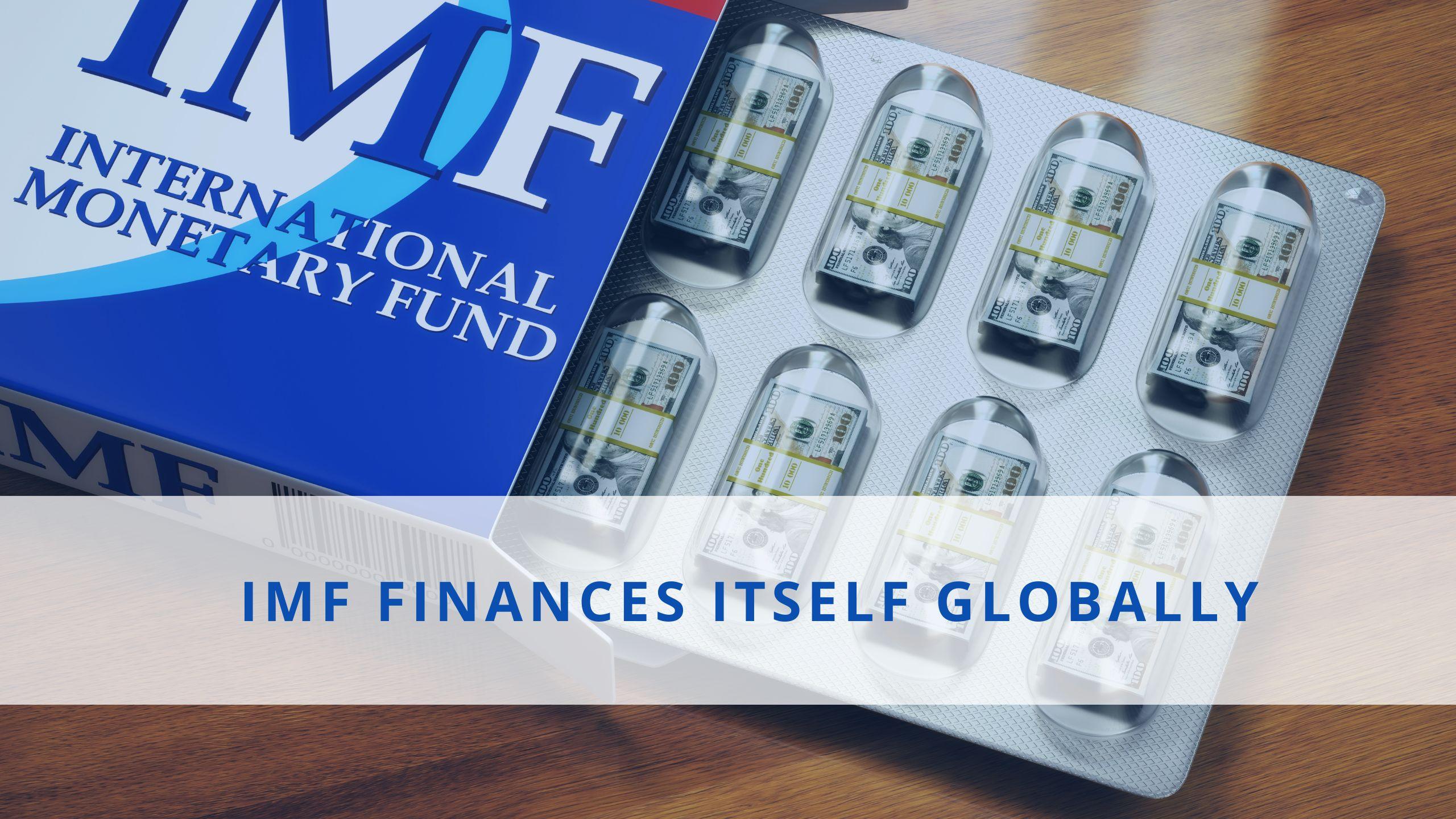Sponsor
IMF Finances and Global Growth: Understanding International Funding Models

The International Monetary Fund (IMF) plays a critical role in stabilizing the global economy during crises. Its ability to fund operations and provide financial assistance depends on a unique structure designed to ensure liquidity and fairness among member nations. Understanding IMF Finances is essential for comprehending how the organization supports economic resilience worldwide.
The Foundation of IMF Finances
At the heart of IMF operations is the quota system. Every member country contributes to the IMF pool through quotas, which are determined based on the size of their economy. Quotas are vital for two reasons: they form the primary source of the IMF’s capital and define each country’s voting power.
-
Quota Contributions: The backbone of IMF funding.
-
Voting Power: Reflects economic weight of member countries.
-
Liquidity Assurance: Ensures funds are available in times of crisis.
Borrowing Arrangements in IMF Finances
Quotas are supplemented by borrowed resources when needed. The IMF has agreements such as the New Arrangements to Borrow (NAB) and bilateral borrowing frameworks to expand its lending capacity. These mechanisms ensure the IMF can respond to large-scale global financial disruptions.
Special Drawing Rights and Global Reserves
Special Drawing Rights (SDRs) are another integral component of IMF Finances. SDRs act as an international reserve asset, which member countries can exchange for freely usable currencies. This reduces reliance on any single national currency and adds stability to the international monetary system.
How IMF Allocates Resources
When a member country faces balance-of-payment difficulties, the IMF provides financial assistance. Funds are allocated based on need and the country’s willingness to implement economic reforms.
-
Stand-By Arrangements (SBA): Short-term crisis support.
-
Extended Fund Facility (EFF): Supports long-term structural changes.
-
Rapid Financing Instrument (RFI): Emergency assistance.
Transparency in IMF Finances
To maintain trust, the IMF employs strict governance mechanisms. Regular audits, member oversight, and annual reports ensure that resources are used responsibly and in alignment with the institution’s mission.
Impact of IMF Finances on the Global Economy
Through its funding structure, the IMF has helped numerous countries restore economic stability. By providing liquidity, policy advice, and structural support, IMF Finances play a direct role in global trade, investment confidence, and sustainable growth.
Read Full Article: https://businessinfopro.com/understanding-how-the-imf-finances-itself-globally/
About Us:
BusinessInfoPro is a dynamic B2B insights hub offering timely, expert‑driven content tailored for professionals in finance, HR, IT, marketing, sales and more. Through in‑depth articles, whitepapers and downloadable guides, we illuminate critical industry trends like AI’s economic impact, data‑driven decision‑making and strategic marketing in uncertain economies. Our resources empower leaders to optimize efficiency, strengthen customer engagement and embrace sustainable innovation. With fresh publications covering cutting‑edge topics sustainability, workforce transformation, real‑time architecture and practical tools from top platforms and thought‑leaders, Business Info Pro equips businesses to adapt, compete and thrive in a fast‑changing global landscape.



